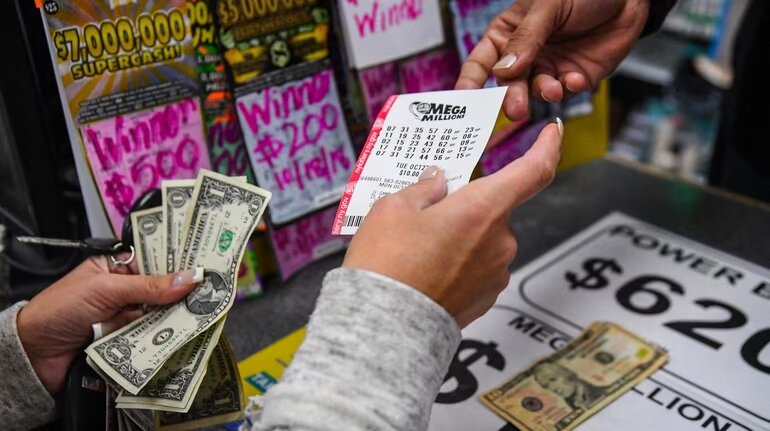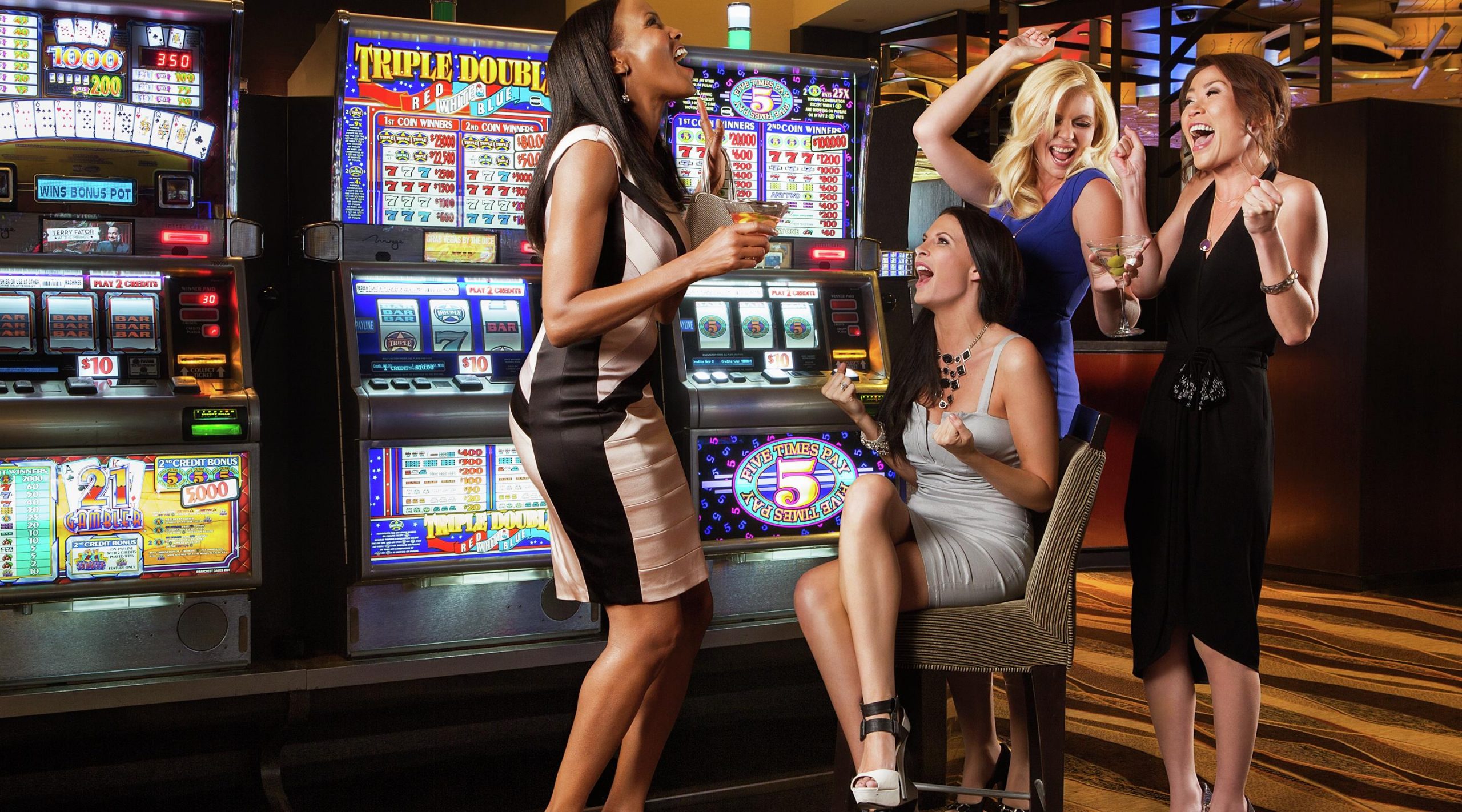In a world filled with uncertainties, there exists a curious breed of optimists who defy statistical probability with an unyielding hope: toto macau gamers. The allure of a life-changing jackpot draws millions to try their luck, their optimism shining brightly amidst astronomical odds. What fuels this enduring optimism that keeps them coming back, ticket after ticket, against all rationality?
Lotteries, with their promise of instant wealth, transcend geographical boundaries and socioeconomic strata. They evoke a shared dream—a fantasy where financial worries dissolve, replaced by a world of endless possibilities. For many, buying a ticket is more than a wager; it’s an investment in a dream, a brief escape from the mundanity of everyday life.
But why do individuals repeatedly invest in something statistically improbable? It’s a question that delves into the complex nature of hope, psychology, and the human desire for a transformative change. One plausible explanation lies in the concept of “optimism bias.”
Optimism bias, a cognitive phenomenon, leads individuals to overestimate the likelihood of positive outcomes while underestimating negative ones. When purchasing a lottery ticket, individuals might acknowledge the slim chances of winning but latch onto the hope that “someone has to win, why not me?” This optimistic outlook is akin to purchasing a ticket to a dream—a small price to pay for the chance of turning a fantasy into reality.
Moreover, the psychology of anticipation plays a significant role. The excitement and anticipation leading up to the draw often provide an emotional high, offering a sense of thrill and possibility. The act of imagining what one would do with the winnings generates a dopamine rush, reinforcing the decision to participate.
Interestingly, the optimism associated with lottery gaming isn’t merely confined to the act of playing. Studies reveal that even non-winners often maintain an optimistic outlook. Surprisingly, the absence of a win doesn’t deter their belief in future success. This resilience in the face of disappointment showcases the enduring power of hope, transcending the actual outcome.
Critics often point out the financial imprudence of spending on lottery tickets, emphasizing the infinitesimal odds of winning. They highlight the importance of financial literacy and responsible spending, advocating for more pragmatic approaches towards wealth accumulation.
However, the allure of the lottery persists. It represents more than just a chance at riches; it symbolizes hope—a beacon for dreams, aspirations, and the belief in the extraordinary. It’s a testament to the human spirit, the unwavering persistence of optimism against the odds.
While the odds may seem insurmountable, the persistent optimism of lottery gamers echoes a fundamental human trait: the resilience to hold onto hope, however improbable it may seem. In a world often defined by uncertainties, this unwavering hope becomes a source of inspiration—a reminder that amidst the randomness of chance, the human spirit perseveres, fueled by dreams and the undying optimism that one day, against all odds, those numbers might just align.
So, perhaps the lottery is not just about winning a jackpot; it’s about sustaining a hope that transcends numbers and probabilities—a testament to the enduring power of optimism in the human experience.


